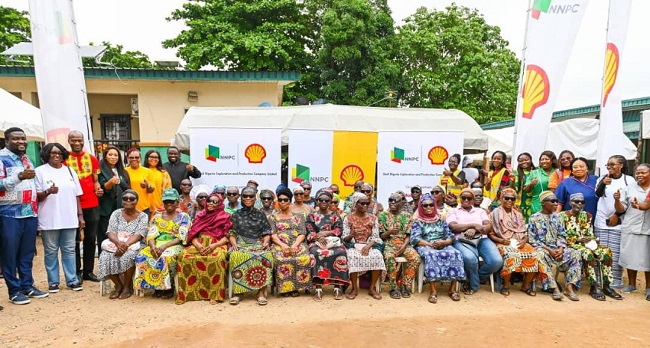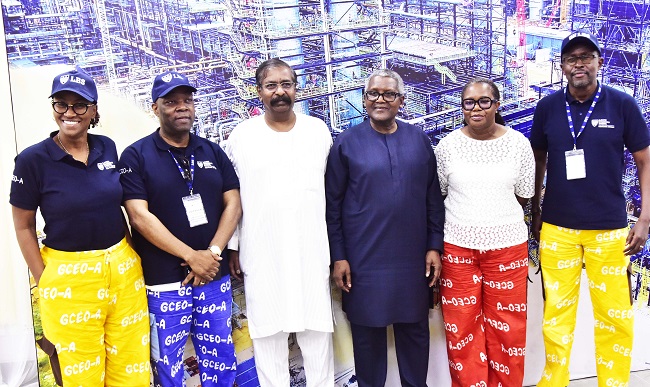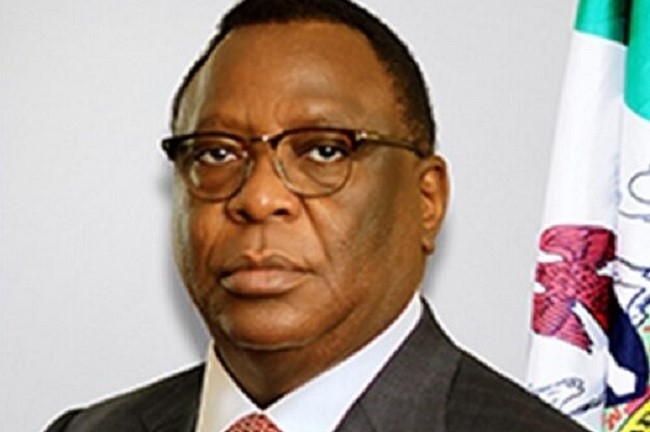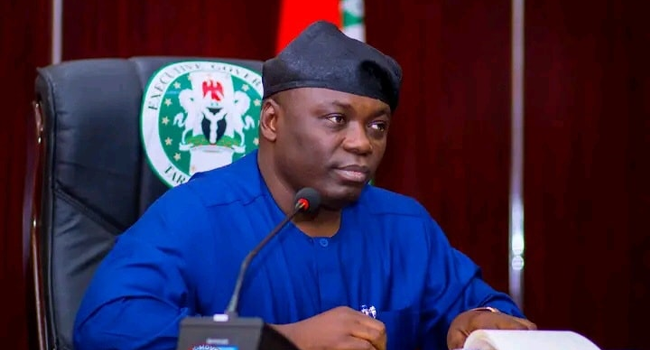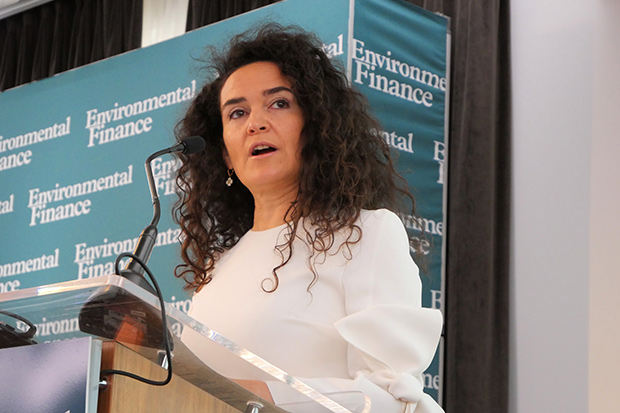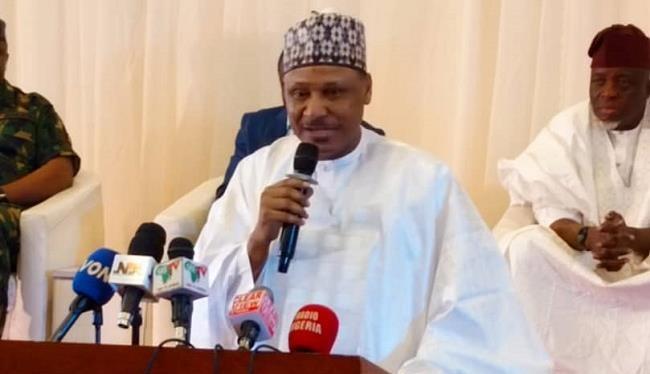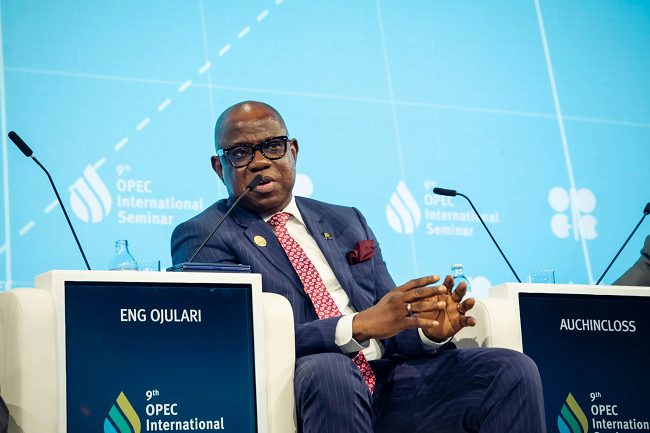The Society for Planet and Prosperity (SPP) has convened a high-level meeting with State Commissioners of Environment and Climate Change, under the auspices of the “Conference of Commissioners of Environment and Climate Change”.
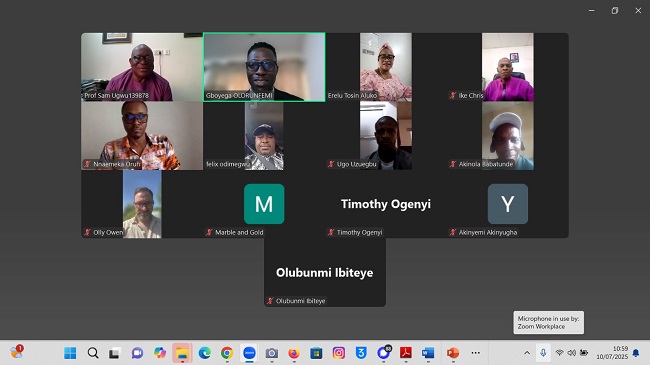
This initiative continues SPP’s commitment to strengthening subnational climate governance by building technical capacity, fostering collaboration, and elevating the voices of state‑level policymakers to the global stage.
In his welcome address, Prof. Chukwumerije Okereke, President of SPP, represented by Mr. Gboyega Olorunfemi, Project Lead at SPP, thanked the Commissioners for their time and commitment to improving climate action in their states. He observed that, over the years, SPP’s engagements have revealed persistent gaps in subnational climate governance, stating that these gaps can only be closed by empowering local decision‑makers with technical expertise, visibility, and access to funding.
“Through our collaborative work, we have identified key constraints limiting your ability to deliver effective climate governance. This is why SPP has decided to support and collaborate with you in closing these gaps, and to ensure that your states can attract climate finance, design robust policies, and participate meaningfully in national and international forums,” he said.
Prof. Okereke explained that SPP would strengthen the Conference’s secretariat by deploying a dedicated technical expert to ensure more effective coordination of climate action in their states. He encouraged the Commissioners to collaborate and share best practices among themselves, instead of working in silos.
In her opening remark, Chief Mrs. Tosin Aluko-Ajisafe, Commissioner for Environment and Natural Resources, Ekiti State, and Chairperson of the Conference of Commissioners on NEWMAP Project, thanked SPP for their efforts at amplifying subnational voices.
“Today marks the culmination of several discussions and follow-ups, and I am glad that we are making progress as a team. This is a great opportunity for us to enhance our productivity leveraging the technical expertise of SPP, and I urge my dear colleagues to be fully committed as we work to support our state Governors to achieve our respective climate and environmental goals,” she said.
Participants took turns to express gratitude for this opportunity, and also made suggestions on how the initiative can be improved.
In his contribution, Dr. Olly Owens, Technical Advisor on Forestry Management and Climate Change to the Governor of Ekiti State, agreed that working in silos has watered down the efforts of subnational governments and development partners, urging SPP to spearhead the integration and concentration of these efforts for more impacts.
“It will be good to help all of the states link together to access opportunities. So, anything that SPP can do to ensure that everybody works together to leverage these opportunities is highly welcome. Also, the voice of the subnational is not being considered. What we find when we try to join up with initiatives such as the COP is that so much of the processes and UN architecture are designed for national governments, and there is lack of ways which we can directly interact with it, which is a problem in a federal system. Any way you can assist to improve subnational participation at the international stage will also be welcomed,” he stated.
Dr. Felix Odimegwu, Commissioner of Environment, Anambra State, also emphasised the importance of working together rather than in silos, stressing that the platform would be beneficial in bringing states up to speed on available options and capacities, with the potential to help weaker states develop quicker.
“I believe that this platform will go a long way in bringing states up to speed on available options and capacities, with the potential to help weaker states develop more quickly. Anambra State is very happy about this and is committed to helping achieve this,” he said.
Prof. Sam Ugwu, Commissioner for Environment, Enugu State, expressed satisfaction with the strategic alignment between SPP and the Conference of Commissioners, and emphasised the need for support from SPP to advance climate change policies across all states of the federation.
“I am particularly interested in the issue of climate funding. Earlier this year, we launched our climate policy, and the next step is to ensure that it is implemented. We need this coordination from your organisation to support our efforts,” he said.
Philemon Asonye Ogbonna, Commissioner for Environment for Abia State, represented by Mr. Chris Ike, Director Climate Change, recognised the importance of climate finance at the subnational, stating that poor financing for climate action remains abysmally low and look forward to the support from SPP to prioritise the facilitation of access to climate finance.
Aishat Barde, Commissioner for Environment and Climate Change, Taraba State, acknowledge the support of SPP in facilitating funding for the development of the first of its kind Climate Change Policy and Action Plan for the state. She added that Taraba State is ready for the official launch and is committed to working closely with the SPP team and her partners in driving climate action.
Chukwu Victor Uzoma, Commissioner for Environment, Ebonyi State, commended the coordinating Commissioner and SPP, pledging his willingness to open up Ebonyi for collaboration and development.
Over the years, SPP has championed several projects to bolster subnational climate governance through mapping of climate impact, action and policy at the state level, to publishing the first Climate Governance Performance Rating and Ranking for Nigeria’s 36 states, mobilising funds for the development of climate change policy and action plans in Enugu and Taraba states, and providing platforms and delivering capacity building for Commissioners of Environment and climate‑desk officers.
By Ugochukwu Uzuegbu, Communication Specialist, SPP and Elochukwu Anieze, Senior Policy Analyst, SPP

